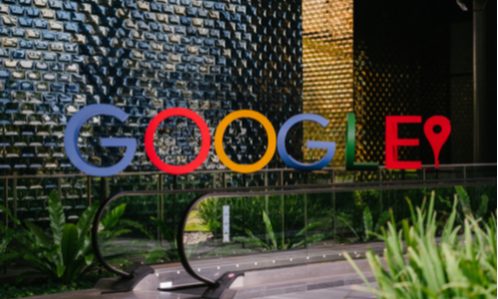Four search providers—DuckDuckGo, Ecosia, Qwant, and Lilo—have penned an open letter to the European Commission claiming that Google is suppressing search engine competition.
The EU has made a number of efforts to counter Google’s search monopoly, including a July 2018 ruling that the company engaged in “illegal tying of Google’s search and browser apps” and “illegal payments conditional on exclusive pre-installation of Google Search.”
Google responded with some licensing changes. In August 2019, it agreed with the EU to provide an Android Choice screen, which included selling spots on the new menu via auction – leading to participants like privacy-centric DuckDuckGo complaining that they were priced out.
The Android Choice screen has since been revised by further agreement with the European Commission, and now features more options and free participation. The new choice screen includes up to 12 search services, with the five most popular search engines in the local country listed first, as recorded by StatCounter, and is free for search providers.
Third-party search providers are not happy. Today’s open letter [PDF] states that “despite recent changes, we do not believe it will move market share significantly.” The providers say that the new Android Choice menu is “only shown once, in a Google-designed, Google-owned onboarding process. If [users] later decide to switch defaults, they must labour through 15+ clicks or factory-reset their phone.” They also complain that Chrome desktop and other operating systems are not included, and worry that “it doesn’t apply to all search aspects points in Android.”
Want more news? Subscribe to CPI’s free daily newsletter for more headlines and updates on antitrust developments around the world.

